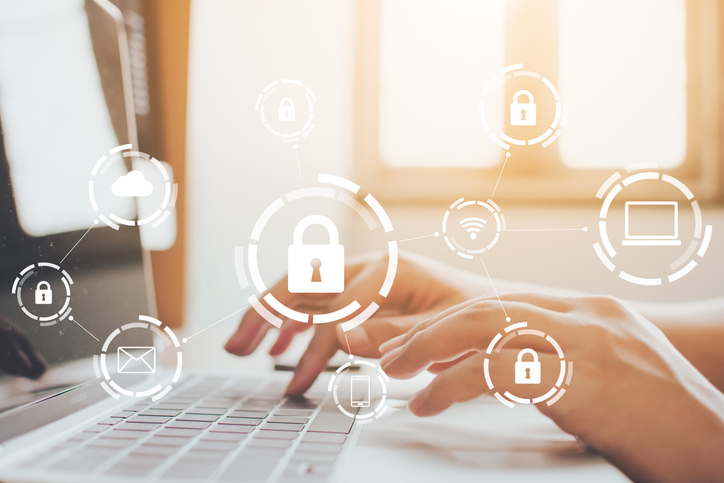-
Personal
Banking
Mortgages
-
Agribusiness
Mortgages
Loans
Farm Transition Program
-
Commercial
Banking
Mortgages
Loans
Business Services
-
Investing
Products -
Community
Community Development
Sponsorship and Donations
Financial Literacy
Volunteerism
Community Reports
Scholarships
Building Communities Grant Program
-
About
Our Roots
Our Communities
Annual Reports
Careers
Diversity and Inclusion
Credit Union Frequently Asked Questions

- Blog
- Protect Money
- Foiling Identity Theft
AUTHOR: BRUCE LUEBKE, COMMUNICATIONS AND CONTENT COORDINATOR
Identity theft refers to the preparatory stage of acquiring and collecting someone else’s personal information for criminal purposes. It’s not new, but it costs Canadians more and more every year.
Statistics show Canadians lost $21.2 million related to identity theft in 2018, up from $11.7 million in 2017 – that’s a year-to-year increase of 81 percent.
Victims of identity theft or fraud can not only experience financial loss, but there’s also the time and hassle involved to recover stolen identity. Victims could also encounter difficulty in obtaining credit or restoring their ‘good name.’
Techniques criminals use for identity theft can range from unsophisticated, such as dumpster diving and mail theft, to more elaborate schemes such as skimming, phishing and hacking.
2017 statistics show 3,267 Canadians were victims of identity theft. An additional 14,275 were victims of identity fraud, in which the criminal uses identity theft to commit fraud by impersonating another person and misusing debit or credit card data.
The good news is there is a lot that you can do to help prevent being a victim of identity theft.
- Buy a shredder. Dumpster diving may sound old school, but it’s still an easy way for identity thieves to get access to your personal information. A personal shredder is a small investment that makes a huge difference. Bank statements, expired credit cards, phone and utility bills, ATM receipts, addressed envelopes, old boarding passes, email printouts and resumes are just some of the things.
- Secure our phone. Have a password-protected lock on your home screen and take advantage of available features, like location tracking or remote wipe. Avoid checking your bank accounts or doing your online shopping from public Wi-Fi networks and don’t store sensitive information such as passwords or login information on your phone.
- Change up your PIN. Do you unlock your phone with the same PIN you use at the ATM? If so, change it! Password-protecting your phone is smart, but large touch screens make it easy for not-so-innocent bystanders to see what your number is as you enter it. Having the same password for both provides a criminal an excellent first guess at your banking PIN.
- Safeguard your computer. This one should be common knowledge, but it’s essential to keep your firewall, anti-virus and operating system software up-to-date to stay one step ahead of scammers. Make sure you enable spam filters on your email accounts and look out sketchy links and emails.
- Don’t overshare on social media. Do your Facebook friends need to know what year you were born? Can people tell when no one is home based on your Instagram feed? Keep your accounts private and make sure you’re not accidentally broadcasting sensitive information.

If you suspect or know you are a victim of identity theft or fraud, or if you unwittingly provided personal information or financial information, you should…
- Contact your Sunrise Credit Union branch (or your financial institution) and credit card company immediately.
- Contact your local police department and file a report.
- Contact the two national credit bureaus and place a fraud alert on your credit reports.
- Equifax Canada – 1-800-465-7166
- TransUnion Canada – 1-877-525-3823
- Always report identity theft and fraud to the Canadian Anti-Fraud Centre

